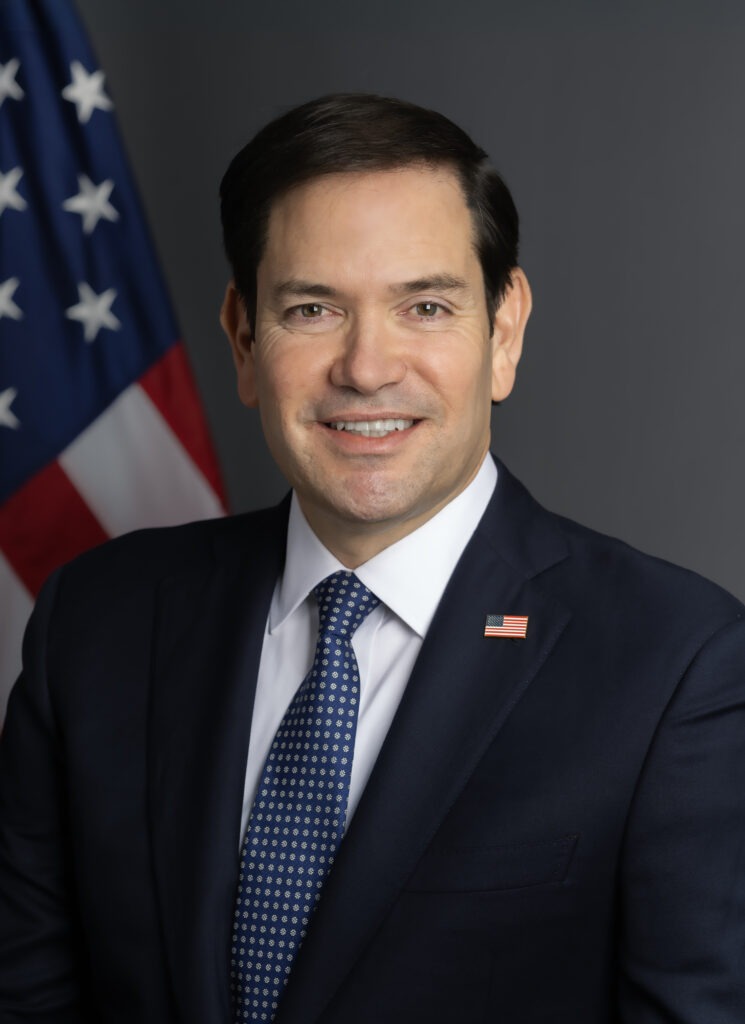On the occasion of his 200th day in office, U.S. Secretary of State Marco Rubio sat down with Raymond Arroyo on EWTN’s The World Over to discuss the administration’s foreign policy priorities, ongoing conflicts, and cultural dynamics shaping global diplomacy.
Rubio began by highlighting recent peace agreements facilitated by the U.S., including breakthroughs between Cambodia and Thailand, as well as between the Democratic Republic of Congo and Rwanda. He credited President Trump’s direct engagement for accelerating negotiations and emphasized the importance of American leadership in resolving long-standing regional disputes.
Turning to the war in Ukraine, Rubio confirmed that diplomatic efforts are underway to bring both sides closer to a ceasefire. He revealed that U.S. envoy Steve Witkoff recently met with Russian President Vladimir Putin, and suggested that a presidential-level summit could be possible if meaningful progress is made.
Rubio also defended the State Department’s recent designation of six Latin American cartels as terrorist organizations. He argued that these groups operate with military-grade weapons and transnational reach, and that the designation allows the U.S. to deploy counterterrorism tools more effectively.
Addressing the crisis in Gaza, Rubio outlined a three-pronged approach: delivering humanitarian aid, securing the release of hostages, and dismantling Hamas’s infrastructure. He criticized unilateral recognition of Palestinian statehood, warning that such moves undermine the prospects for lasting peace.
On domestic matters, Rubio acknowledged visa challenges facing foreign-born Catholic clergy and pledged to work toward reforms. He also spoke warmly about his relationship with the Vatican under Pope Leo, noting shared values around faith, family, and economic justice.
Finally, Rubio reflected on cultural shifts in media, pointing to the decline of traditional figures like Howard Stern and Stephen Colbert. He attributed the trend to changing consumer habits and the rise of decentralized digital platforms that are reshaping public discourse.
TWW - The World Wide: Global News,Local Impact.

